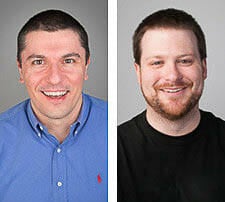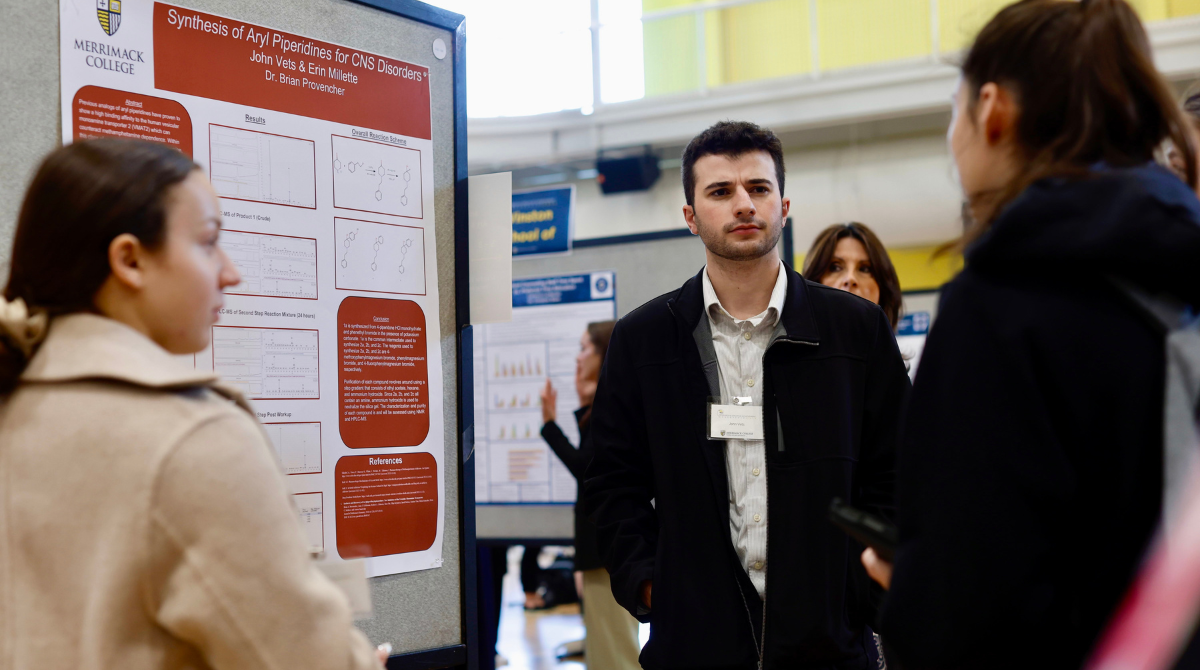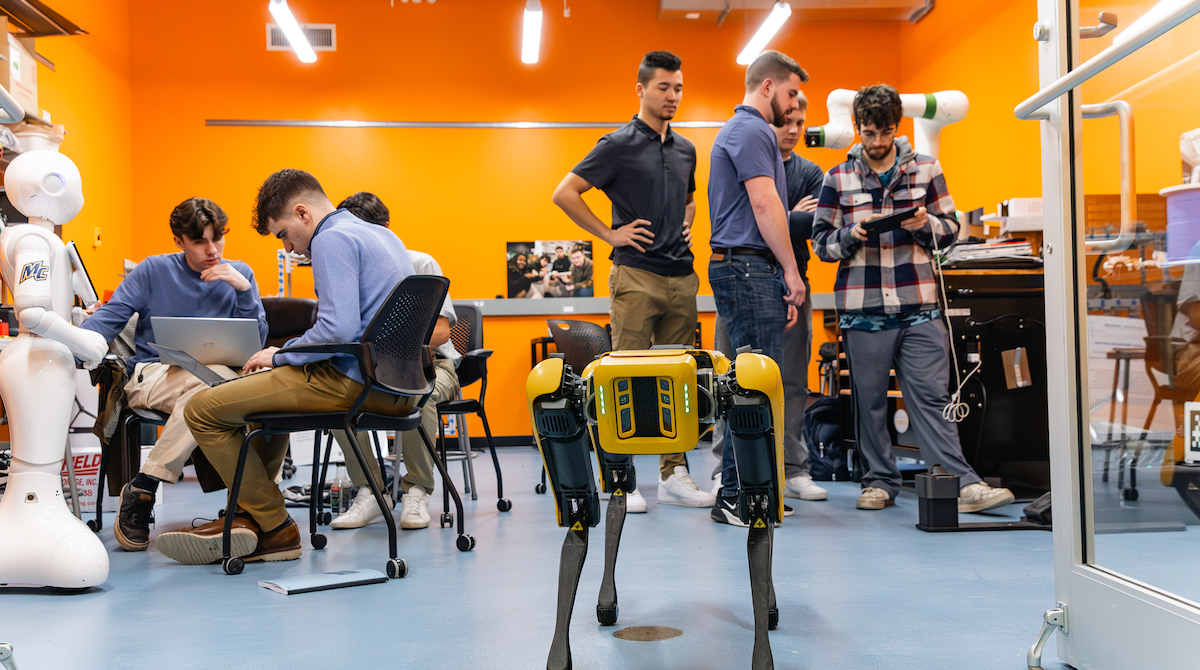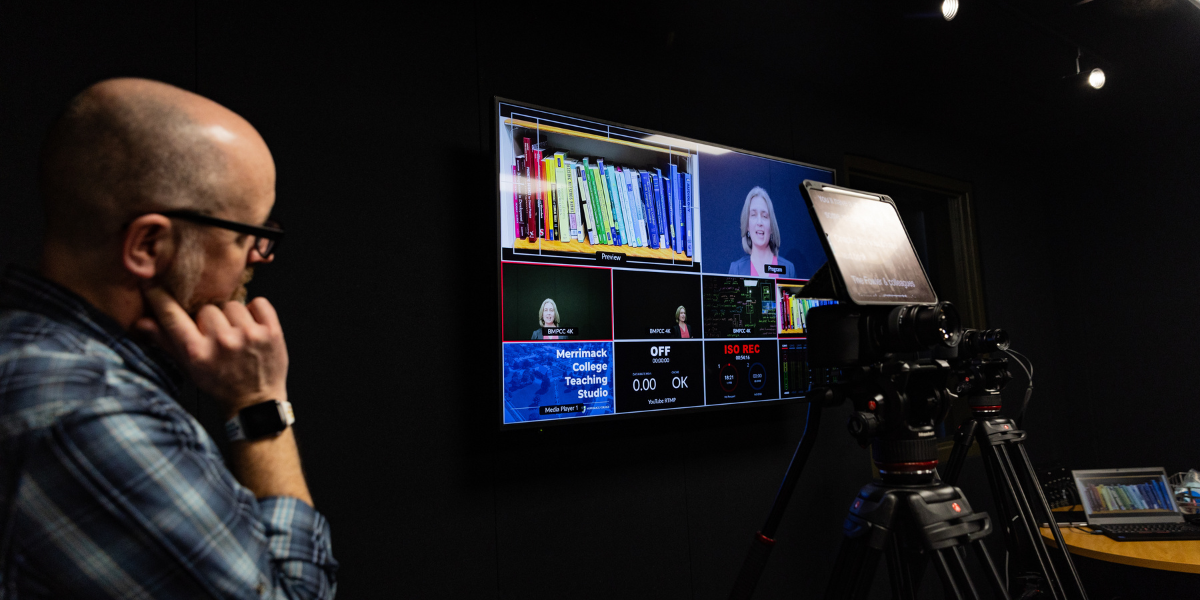For three years, Gavril Bilev, associate professor of political science, and Christopher Stuetzle, associate professor of computer science, have combined their disciplines to measure how neighboring countries impact each other’s political regimes, i.e. varying degrees of democracy or dictatorship.
“We are essentially trying to re-create the world to see how it works,” Stuetzle said. “We are making measurements using various metrics based on existing countries.”
Through the use of simulation software, Bilev and Stuetzle have created an artificial world that mirrors the actual world. Using historical data starting from 1950 to the present, they input a variety of metrics into the simulator, such as events, wealth or dominating religion of a country. From this process, the goal is to get insight into how significant a country’s political regime is impacted by neighboring countries and to predict what type of regime a country might have based on neighbors, wealth, etc.
“We can’t pick up Cuba and put it in Europe just to see how it is impacted,” Bilev said. “This simulator allows us to create similar countries and observe the results. For example, Cuba currently is a dictatorship and the United States is a democracy. The U.S. might be impacted by Cuba or it may not. This research helps get those answers.”
The project will conclude this summer and results will be published and presented at both political science and computer science conferences.





